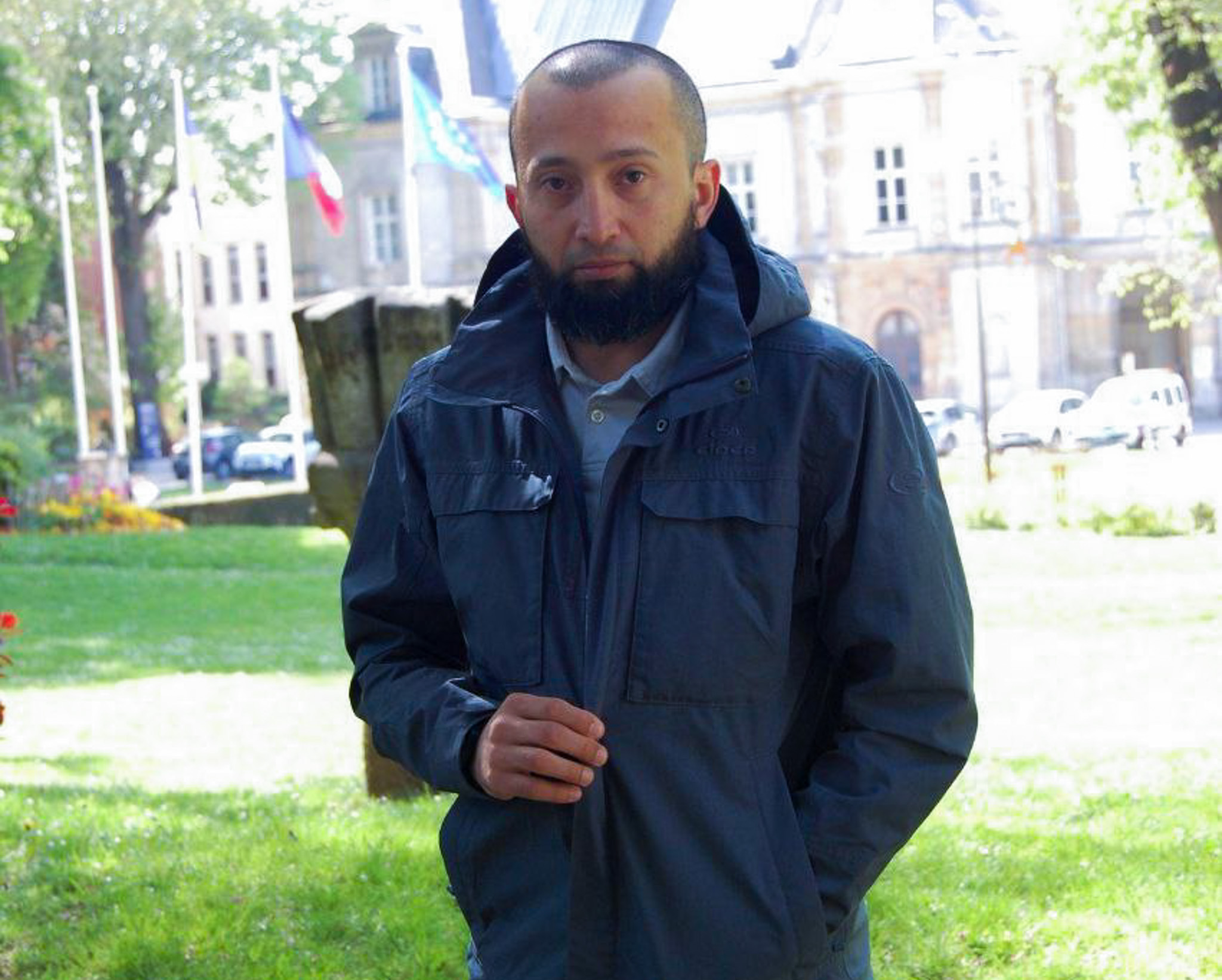On 4 July 2015, three police officers visited Mukhsinjon Akhmedov’s home in the city of Kokand in the Ferghana valley of Uzbekistan, informing him that he was accused of involvement with the Islamist Hizb ut-Tahrir movement that is banned in Uzbekistan, searched his house, confiscated his cell phone and several audio disks containing contemporary music and took him to the local police station. Reportedly, no search and arrest warrants were presented. According to Akhmedov, the police targeted him at the request of a relative of his ex-wife, who reportedly used his contacts with law enforcement officers to settle scores in a family conflict.
He was held in custody for three days. The officers reportedly attempted to find evidence of crime and ill-treated him to force him to confess. According to reports, they questioned him about where he got his mobile phone and how he was able to afford it. When he explained that he bought it in Russia with the money he earned as a migrant worker on a construction site, they reportedly accused him of not declaring it in his customs declaration when he returned to Uzbekistan. They also questioned him about his religious beliefs and practices, accusing him of involvement with Hizb ut-Tahrir. Reportedly, police officers beat him on the head, face, and chest. At some point, three masked officers reportedly hit him on the body with truncheons and threatened “to destroy his family” if he lodged complaints about the ill-treatment.
According to Mukhsinjon Akhmedov, he did not confess to any crimes, and because the officers found no evidence of crime on his confiscated phone and disks, he was released from custody on 6 July.
Two days later, he went to a medical clinic where doctors confirmed that he had bruises on his face, neck, and chest. Subsequently, Akhmedov and his mother lodged complaints with the prosecutor’s office, several government ministries, and the Ombudsperson, indicating the names of the officers reportedly involved in ill-treating him.
The Ferghana Regional Prosecutor’s Office informed Akhmedov that an inspection had been opened into his allegations and stated that a video recording of a speech by Tahir Yuldashev, (the now-deceased former leader of the banned Islamic Movement of Uzbekistan, a group that promoted violence to achieve its political agenda), had been found on his mobile phone that had been confiscated during the search. Akhmedov maintains that he never saved a speech by Yuldashev on his phone and that this accusation was fabricated in retaliation for his and his mother’s persistent complaints about the police abuse in detention. No criminal case was opened against the police officers who allegedly ill-treated Akhmedov.
In February 2016, Akhmedov was called to the police station and informed that he was charged with “attacking the constitutional order” (Article 159), “producing, storing, distributing or displaying materials containing a threat to public security and public order” (Art. 244-1), and “smuggling” (Article 246). To his surprise, he was not detained but told that he was prohibited from leaving Uzbekistan. The charges were reportedly connected to his failure to declare the mobile phone he bought in Russia and the speech by Yuldashev that the authorities claimed was saved on his phone.
Mukhsinjon Akhmedov knew that he would not be given a fair trial and found a way to leave Uzbekistan for Russia. In fear of being detained by Russian authorities and returning to Uzbekistan, he then traveled to Estonia. When his asylum application was rejected in 2019, he moved to France, where he lived until his deportation in November 2023, although the European Court of Human Rights had ordered interim measures (Rule 39 of the Rules of Court) urging France not to deport him while his case was being reviewed.
On 7 December 2023, the Constitutional Court for Administrative Affairs in France ruled that Akhmedov’s “expulsion to Uzbekistan, in violation of the interim measure ordered by the European Court of Human Rights, constitutes a serious and manifestly unlawful interference with fundamental freedom.” The Court also ordered the Minister of the Interior and Overseas Territories and the Minister of Europe and Foreign Affairs to take all necessary measures to return Akhmedov to France at the expense of the French State as soon as possible. In addition, the Constitutional Court ordered the French state to pay Akhmedov 3000 EUR in compensation.
On 15 November, upon arrival at Tashkent airport, Akhmedov was immediately taken into custody on suspicion of committing crimes under articles 159, 244-1, and 246 of the Criminal Code of Uzbekistan. On 4 January 2024, the Kokand Criminal Court found Akhmedov guilty and sentenced him to five years’ imprisonment. There are allegations that the trial was not conducted in line with international fair trial standards and that key points raised by Akhmedov’s lawyers were not adequately addressed.
For example, when he and his lawyers familiarized themselves with the case file, they noticed that investigators claimed that the prohibited recording of Yuldashev’s speech was saved on a mobile phone of type Sony Xperia U ST25i, but Akhmedov’s phone is a Sony Xperia Z1 Compact. Although this discrepancy was raised during the trial, and although the allegation that Akhmedov saved Yuldashev’s speech on his phone is linked to the charges against him is linked to the charges against him, the judge ruled that it was Akhmedov’s phone that contained the prohibited recording. In addition, the verdict relies centrally on an incriminating testimony of Akhmedov’s ex-wife, obtained by investigators in 2014, although she told the court in 2024 that she wished to retract it as she had been forced to incriminate him by police under threat of arrest. Additionally, the judge did not take into account his allegations of torture and ill-treatment, referring to his time in detention back in 2014.
On 12 March 2024, the Fergana Regional Criminal Court ruled on Akhmedov’s appeal and left the verdict unchanged. In October 2024, a further appeal was considered and also turned down. Currently, his lawyers are preparing a supervisory appeal to the Supreme Court of Uzbekistan.
Employee
